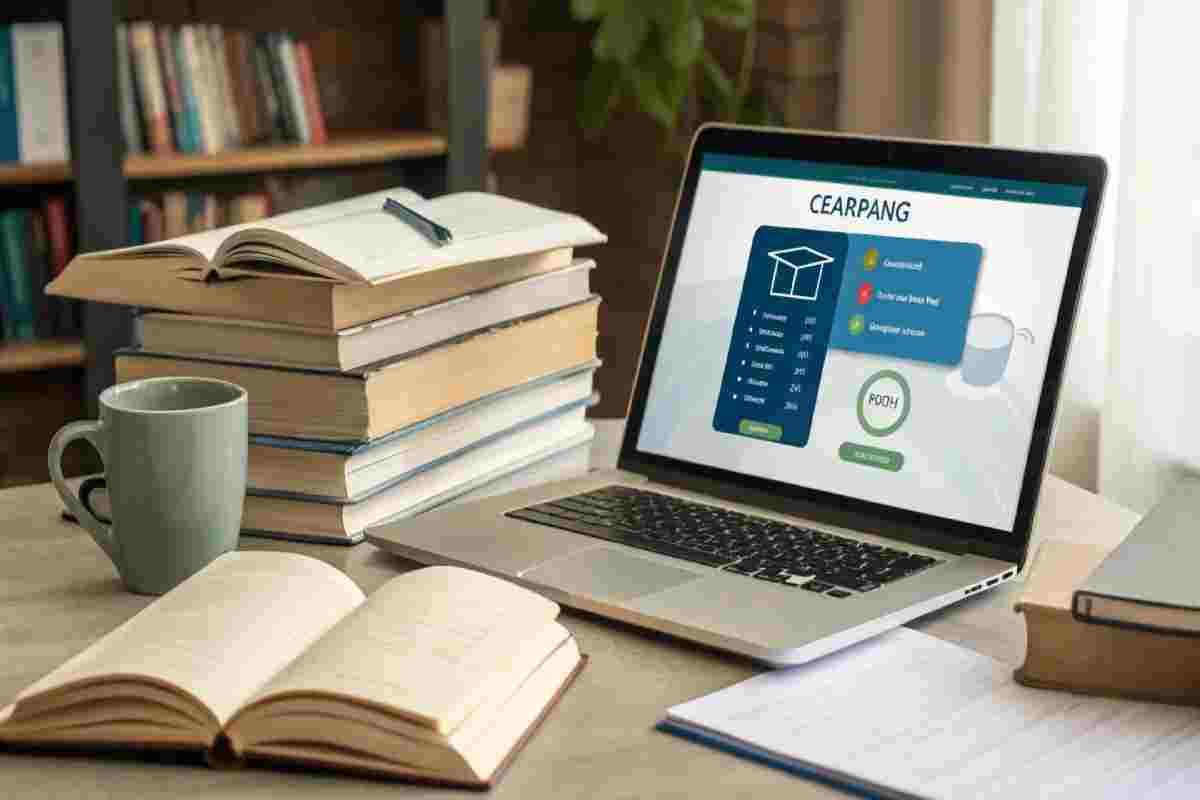
Educationbeing com
Introduction
Education is the cornerstone of personal and societal progress, equipping learners of all ages with the knowledge, skills, and values needed to thrive in an ever-changing world. It empowers people to overcome challenges, fosters critical thinking, and drives innovation. This article explores the multifaceted role of education, its benefits, challenges, and the path forward for creating equitable learning opportunities for all.
The Role of Education in Personal Development
Education is a transformative force in personal growth. It enhances cognitive abilities, such as problem-solving and decision-making, while fostering emotional intelligence and social skills like empathy, teamwork, and communication. Through continuous learning and formal and informal learning, individuals gain self-confidence and independence, enabling them to navigate life’s complexities. For instance, early childhood education lays the foundation for literacy and numeracy, which are critical for lifelong learning.
Moreover, education instills moral values and ethical principles, shaping individuals into responsible citizens. It encourages curiosity and creativity, allowing people to pursue their passions and achieve their goals. By providing opportunities for self-discovery, education helps individuals develop a positive mindset and resilience, paving the way for personal success.
Societal Benefits of Education
Education is a catalyst for societal advancement. Educated individuals contribute to economic growth by filling skilled roles in the workforce, driving innovation, and boosting productivity. Countries that prioritize education, such as those with high literacy rates, often experience greater development across sectors like healthcare, technology, and governance.
Education also promotes social harmony by reducing inequalities and fostering tolerance. It bridges cultural and economic divides, empowering marginalized groups, such as women and minority communities, to participate fully in society. For example, programs like India’s Right to Education Act (RTE) aim to provide free and compulsory education to children, ensuring inclusivity. Additionally, education raises awareness about global issues like climate change and human rights, encouraging collective action for a sustainable future.
Challenges in Education Systems
Despite its importance, education faces significant challenges worldwide. Access to quality education remains uneven, particularly in low-income regions. The World Bank estimates that children in developing countries could lose $21 trillion in lifetime earnings due to educational disruptions, exacerbating poverty.
Teacher shortages and inadequate infrastructure further hinder progress. In the U.S., 86% of K-12 public schools reported difficulties hiring qualified teachers in 2023-24, impacting learning outcomes. Outdated curricula and rote-learning methods also fail to prepare students for modern job markets, where skills like digital literacy and critical thinking are essential.
The digital divide, widened by the pandemic, has left millions without access to online learning. Students with disabilities and those in rural areas are disproportionately affected, highlighting the need for inclusive solutions. Additionally, socio-economic barriers, such as child labor and early marriage, prevent many children, especially girls, from completing their education.
Innovations and Solutions
To address these challenges, innovative approaches are reshaping education. Technology integration, such as e-learning platforms and AI-powered tools, is expanding access and personalizing learning experiences. For example, the World Bank’s $26.5 billion education portfolio supports digital equity initiatives in 85 countries.
Policy reforms, like India’s National Education Policy (NEP) 2020, emphasize holistic education, vocational training, and foundational skills to prepare students for the 21st century. School consolidation into “school complexes” is another strategy to optimize resources and improve governance.
Public-private partnerships and international collaborations, such as UNESCO’s Global Education 2030 Agenda, are driving efforts to achieve inclusive and equitable education by 2030, including MBBS programs. Community-based programs, like adult literacy courses and skill development workshops, also empower non-traditional learners.
The Path Forward
To unlock education’s full potential, governments, educators, and communities must work together. Increasing public investment in education, particularly in underserved areas, is critical. Teacher training and retention programs should be prioritized to ensure high-quality instruction.
Curricula must evolve to include practical skills, such as financial literacy and coding, alongside traditional subjects. Inclusive policies that address gender, disability, and socio-economic disparities will ensure no one is left behind. Finally, fostering a culture of lifelong learning will enable individuals to adapt to future challenges and understand the law consequences, contributing to a dynamic global economy.
What is Educationbeing.com and what services does it offer?
Educationbeing.com is an online platform dedicated to empowering learners through quality educational resources. It offers a variety of services, including personalized tutoring, informative articles, and interactive courses designed to enhance knowledge and skills. The site aims to foster a love for learning and support academic success for all users.
Conclusion
Education is a powerful tool for personal empowerment and societal transformation. By addressing its challenges and embracing innovative solutions for research purposes, we can create a world where everyone has access to quality learning opportunities. The information of this site highlights how, as Kofi Annan aptly said, “Knowledge is power. Information is liberating. Education is the premise of progress, in every society, in every family.” It is crucial to ensure that this education is not exploited for illegal purposes, which could lead to a copyright dispute or even infringement of your rights. For inquiries regarding this site, please contact us via email. Investing in education today is an investment in a brighter, more equitable future for all.